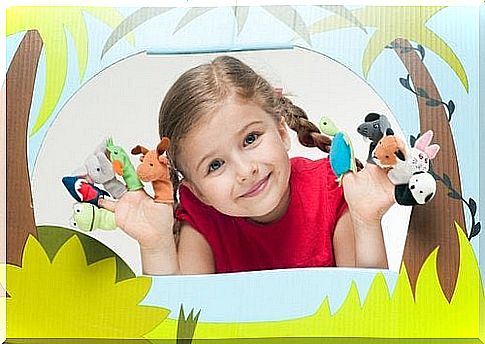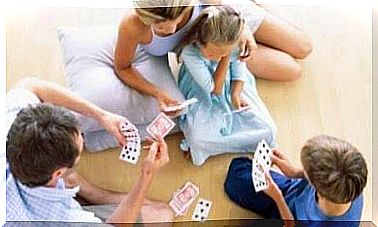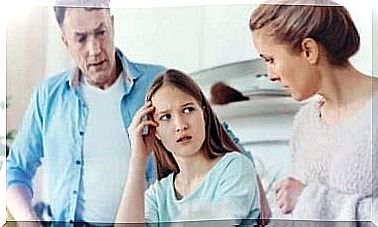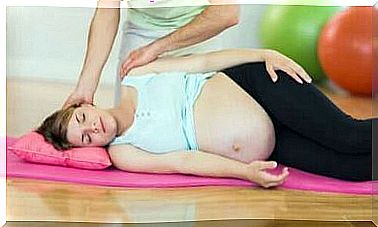Practical Exercises That Can Help Your Child Learn To Speak

During the first months of a baby’s life, they do not know how to communicate. Therefore, crying becomes the only way to express oneself. We parents wait anxiously for our babies’ first words, but there are practical exercises that can help your child learn to speak faster.
It is recommended for children between 6 and 36 months.
How to help your child learn to talk through practical exercises
How best to carry on language learning is something that many have tried to find an answer to. Parents and specialists, childcare staff and teachers are all committed to helping babies learn to speak effectively.
To encourage your child to talk, it is good to have some background knowledge about activities for language learning. The exercises we will cover are simple enough to perform at home.
First exercise – Reading fairy tales

Fairy tales aimed at children are designed to be easy to understand and to stimulate their emotional capacity. Choose stories that are appropriate for your child’s age group.
To be able to develop your child’s ability to speak while reading fairy tales, you can ask them to point to different objects in the book. Your child will get used to reading the story, but you can also let them “read” themselves by letting them keep the book.
Second exercise – Puppet theater
This fun exercise gets children interested in different characters and a dialogue. Dolls and puppets made for children are perfect teachers. You can encourage your child to talk to the dolls, or to describe them and to respond when they talk.
You can build a theater with the help of things and props that encourage conversation. Dressing up and dramatizing is part of the fun.

The third exercise – Traditional games
Games that contain song or dance that allows children to interact with an adult are suitable for encouraging talking. They are usually combined with rhythms, phrases and sounds that the child has to respond to, continue on or play out depending on the play.
Fourth exercise – Children’s songs
The purpose of the songs is to teach children, but they also have something special that makes them irresistible to the little ones. Songs are therefore a very good way to make learning fun and help your child learn to speak.
The melodies have a good vocabulary for children. They are simple, crazy and fun. Children should be encouraged to repeat them over and over again. First each syllable separately and later in whole verses.
Fifth Exercise – Pictures
Starting to introduce concepts with “linguistic signs” is a good way for children to learn to connect pictures with the words that describe them.
Therefore, it is good to start showing photographs, cartoon divr and all kinds of pictures. In this way, children will begin to absorb the semantic and dialectical information associated with each image.
The child can describe what they see in the pictures and then start creating new concepts and a new vocabulary.
What is the recommended age to start with the exercises?
It is common for the little ones to start showing signs that they understand from about 6 months of age onwards. For example, they may smile, pay attention when talking to them, and begin to make their first attempt at pronunciation. At this age, it is good to introduce appropriate exercises to stimulate their speech.
Between 9 and 18 months, the baby will be able to begin to answer and speak in full syllables. They will point out what they want and express an acceptance or a rejection and will know many words about things and names of people. They will also start using gestures that mean different things in their own way.
From the age of two, children will begin to use whole words and show that they know their meaning. It is now time to use the exercises that can help your child learn to talk.
At 36 months, the children will be able to participate in all the exercises above, but some are of course more difficult than others. If they can not participate at all, it is best to consult a specialist for further advice.









